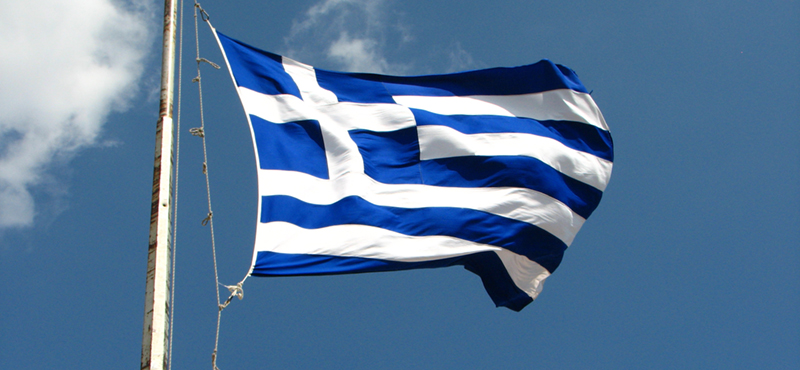
Greece bans conversion therapy
On Tuesday, Greece’s Parliament passed a conversion therapy ban into law.
The ban was included as an amendment to a healthcare Bill after campaigning by LGBT groups, and following the Greek Government’s ‘National Strategy for LGBT+ Equality’.
But LGBT campaigners in Greece remain dissatisfied with the ban, which does not live up to their impossible demands.
What does it ban?
The amendment makes it illegal to carry out ‘conversion practices’ on anyone under 18, or who is classed as vulnerable.
It says that non-vulnerable adults receiving ‘conversion therapy’ must give their explicit consent in advance.
And it makes it illegal for a professional (someone providing conversion practices for a fee) to invite, promote or advertise their own or anyone else’s services.
It defines ‘conversion practices’ as 'any treatment intended to alter or suppress sexual orientation, identity or gender expression'.
Those who violate the new law will be subject to professional sanctions such as disciplinary procedures, but may also be punished with imprisonment and a fine.
Religious freedom
This campaign defends the ordinary work of churches. The ordinary work of churches is not therapy. The ban in Greece is focused on what it calls 'treatments'. Nonetheless, it is unclear what the consequences of the ban will be for Christians in Greece.
Greek campaign group ‘Orlando LGBT+’ claims that church representatives are not covered in some aspects of the ban. This is likely to be the case as they would presumably not be regarded as ‘professionals’ under its definitions.
However, given the vagueness of the definition provided, it is unclear whether or not the ordinary work of churches could still be mistakenly considered ‘conversion practices’ for under-18s and vulnerable people.
Activists continue campaign
Orlando LGBT+ accused the Greek Government of using the amendment merely to produce an ‘inclusive image’, rather than actually doing what activists wanted.
As the ban allows adults to consent to ‘conversion practices’, and due to the brevity of its definitions, the group has promised to continue to campaign for a replacement for the ban.
It provides a warning for UK lawmakers. No one is pleased with a law that lacks clear definitions. And a ban will not satisfy the activists until it clearly applies to the ordinary work of churches. Of course, the ordinary work of churches is protected by human rights laws. So what the activists want is legally impossible. But that will not stop them from trying.
Church leaders speak out against proposed ‘conversion therapy’ law
2025-10-14 15:20:10Dutch House of Representatives passes ‘flawed’ conversion therapy Bill
2025-09-22 16:01:33“It’s still legal”? A look at activist language on ‘conversion therapy’
2025-08-14 15:09:06
